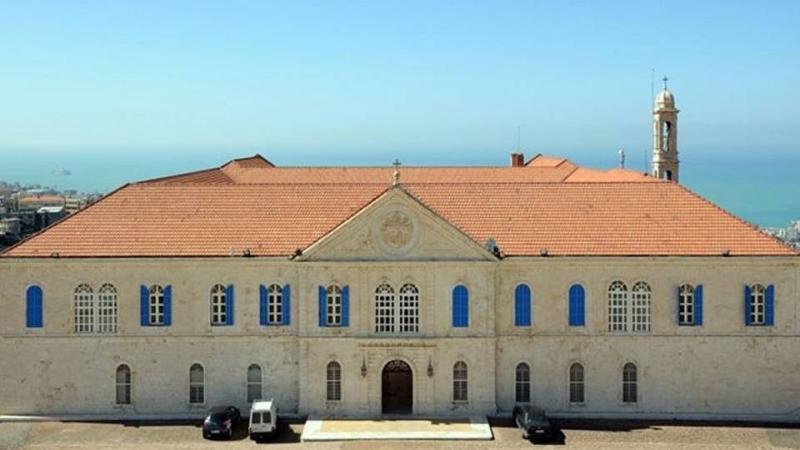Amidst the haze of uncertainty and lack of clarity in various directions, the notion of "insight and foresight" is intensifying on the Lebanese landscape while waiting for the image to clear, revealing the elements and dimensions that will structure the upcoming phase for the country. As the public's gaze is fixed in anticipation of the outcomes of impending challenges and what they will hold for the Lebanese, particular attention is directed towards the maritime border demarcation in the south, in light of the wavering indirect negotiations and the escalating back-and-forth threats between "Hezbollah" and Israel. New internal Israeli data is emerging, adding further complexities to the situation, exemplified by Israeli reports discussing a right-wing refusal to ratify any border agreement with Lebanon before conducting a "public referendum" on the matter or obtaining 80% approval from Knesset members on the agreement's terms.
At the Lebanese internal level, the presidential elections are increasingly dominating the unfolding events and positions, especially during the weekend break, igniting the desired specifications for the character of the next president. After the head of the "Free Patriotic Movement," Gibran Bassil, outlined his vision for the presidency in a lengthy "exhortation" delivered in Diman on Saturday, the Sunday sermon delivered by Maronite Patriarch Bechara Rai sought to realign the ecclesiastical stance regarding the presidential elections, effectively overshadowing the "political impositions" Bassil attempted to introduce at the patriarchal pulpit.
In a prayerful plea "for political leaders to repent before God, the people, and the nation," Rai stressed the impossibility of Lebanon living its identity, nature, and message without restoring its active neutrality, which is fundamental to its constitutional existence. He asserted the necessity for serious presidential candidates to commit to declaring Lebanon's neutrality in order to gain the trust of the majority of Lebanese, Arab, and international opinion. Furthermore, he emphasized that "the people need a president who will extract Lebanon from conflicts, not renew its residency within them." Any presidential candidate, Rai argued, should initiate their vision regarding challenges, crises, and solutions, declaring clear stances on crucial matters, including "national and reform priorities, the path to ensure Lebanon's entity and prevent its disarray, the implementation of extensive decentralization, the organization of an international conference specific to Lebanon, specifying its points, including international resolutions, how to restore Lebanon's role in its Arab, regional, and global surroundings, solutions for the Palestinian refugee issue, the return of Syrian displaced persons to their homeland, and proposals for organizing the return of Lebanese who were forced to seek refuge in Israel in 2000." He concluded by reiterating that "in this fateful phase, it is unacceptable to hear names of candidates circulating without any vision from these candidates."
In line with ecclesiastical discussions, Metropolitan Elias Audi of Beirut and its dependencies for the Greek Orthodox highlighted desired presidential attributes, stating that "the president we want is one who understands the people's concerns, embraces their dreams, and works to achieve them, shedding selfishness and personal gain, a figure of authority who restores the state's prestige, sovereignty, and stability, wisely and knowledgeably leading it through experience, instead of relying on followers. He should restore Lebanon's centrality in the hearts of its people first, and then in its surroundings and the world, possessing a clear vision and a strong yet humble character, adept at selecting and leading his team, without bias or allegiance except to Lebanon, and respecting the constitution and laws, a president free from the burdens of interests and affiliations."
Today, Samir Geagea, head of the "Lebanese Forces Party," will hold a press conference in Maarab to reaffirm the "principled positions" regarding the upcoming presidential elections, as reported by "Nada al-Watan." It clarifies that the steady position of the Lebanese Forces in this regard revolves around confronting attempts to extend the crisis in the country for another six years through the election of a "settlement president" incapable of solving key issues. In contrast, it underscores that the only path to salvation for Lebanon and the Lebanese lies in electing a "sovereign president with a rescue program that can be effectively implemented."




